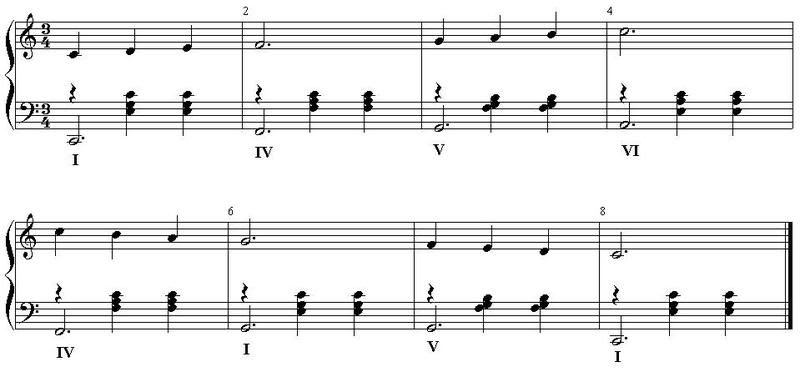Here is the book:
William Russo – “Composing Music – a new approach” (University of Chicago Press). This book is a carefully strutured book that starts by limiting severely what you can use. You see, the main reason people “do not know where to start” is usually becuase there are too many options. By imposing some limitations, the task quickly becomes more understandable (so, if you want to learn how to cook, limit the ingredients in the beginning, say, no animal products).
After a few exercises, however, the author steadily enlarges the rules so you are less and less limited.
Now, for other things you can do besides what you will find in this book.
i.
Imitate. This is what aspiring writers do. They try to imitate the style of famous writers (as an exercise, of course). So, if you have been playing the piano for ten years, you have a varied enough repertory to emulate. Start with pieces you like. Figure out how the composer did it. Schumann once said “composing is easy, all you have to do is invent a tune no one has invented before”, but I disagree. A lot of composition has more to do with “arrangement”, that is the treatment you give your tunes than the tunes themselves. So, pick up a piece like say, Mendelssohn´s Song without Words op. 19 no. 1. Compare it with Grieg´s “Arietta” and Schumann´s “Of foreign Lands and people”. The treatment is pretty much the same – the melodies, of course are different. Now try to imitate these pieces, that is try to write a tune with the same structure (three voices, melody on the soprano, counter melody on the bass, arpeggiated accompaniment on the middle voice). Or try to write a two-voice invention Bach style (they were originally intended as composition exercises). Before you can find your own voice and your own style, it is perfectly all right to steal from others (at least Stravinsky thought so).
ii. Make your own arrangements of popular or folk tunes (happy birthday to you is very useful – you can play it at the next birthday party). Compare your arrangements with those of other people. If you don´t like yours, try to figure out what is it that someone else is doing that you like. Get solo piano music and arrange it for piano and violin/recorder/flute/cello/etc. Sometimes all you need to do is to separate the soprano voice for the solo instrument, and leave the rest for the piano. Sometimes this will not work too well and you will need to add stuff. However by doing it, you will learn in a very pragmatical way why the composer did what he did.
iii. You may even do arrangements of scales by fiddling with the rhyhtm and adding a chord progression underneath. Here is an example:

iv. Improvise. Improvisation is composing on the spot. Read Ted´s numerous posts on improvisation, to get the idea. Here are some:
https://pianoforum.net/smf/index.php/topic,5421.msg51828.html#msg51828(Inner state for improvisation – how to do it like cziffra – excellent advice from Ted)
https://pianoforum.net/smf/index.php/topic,3499.msg31548.html#msg31548(using scales as the basis for free improvisation)
v. Don´t just “play” your pieces. Analyse them, deconstruct them and then put them together again. This is particularly rewarding (you will learn a lot) when done with pieces like variations or new takes on old stuff (for instance Terence Greave´s “Bah Bah Blue Sheep Waltz”, where he uses exactly the same melodic line of Bah, Bah , Black Sheep, but with a jazz harmonic progression, that makes it all but impossible to recognise the original nursery rhyme).
vi. Just compose! (as several people have suggested). To start with you will suck, but so what? Figure out why that is so, and learn from your mistakes.
Best wishes,
Bernhard